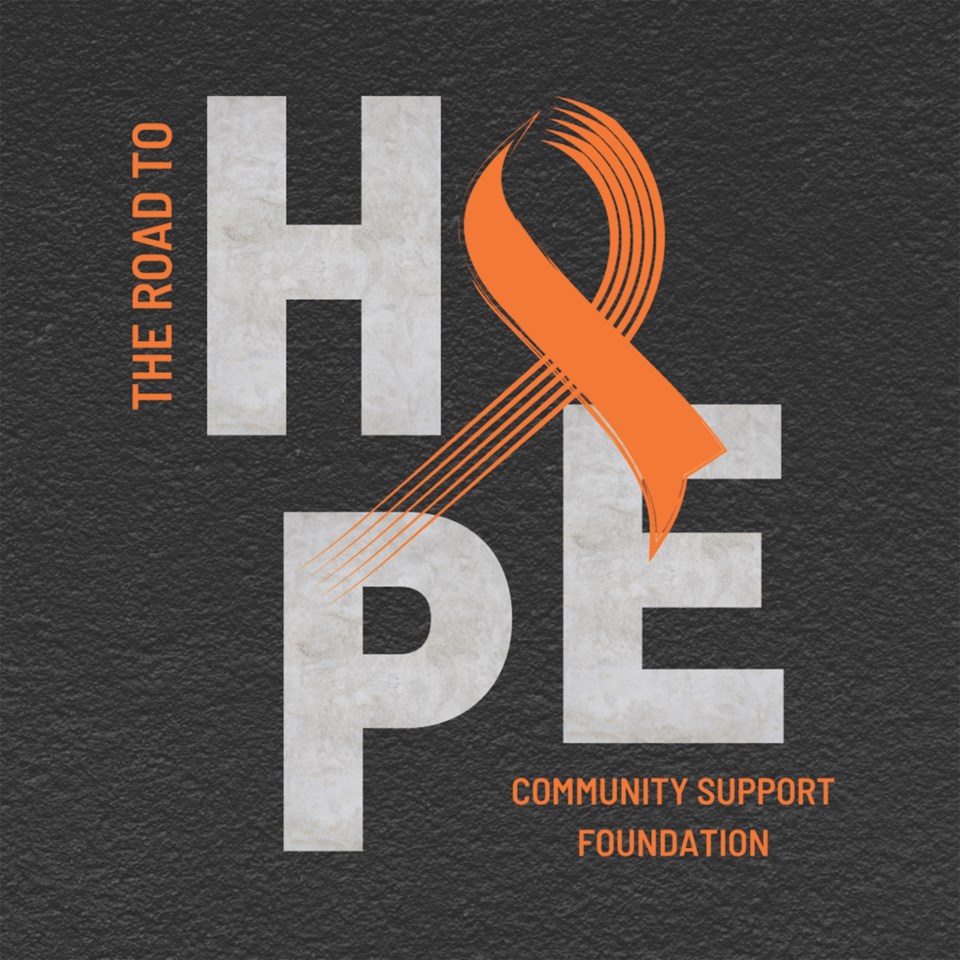ATHABASCA – For many people, finding out that they have cancer is like being hit by lightning as within the span of a few words their life is changed.
Suddenly their schedule revolves around doctor’s appointments, trips to treatment centres, and for many, chemotherapy treatments that leave them mentally and physical exhausted.
That’s where Road to Hope comes in; the local organization covers the counties of Athabasca and Lac La Biche, and their volunteers drive cancer patients to their doctors, treatments in Bonnyville, Barrhead or Edmonton, or anything else related to their continuing care.
“Awareness is honestly our biggest obstacle. We’re just trying to get people to utilize our services,” said Road to Hope coordinator Jessica Wallace. “We’ve done fairly well with fundraising over the last couple of years, it’s just really trying to reach those clients that’s our biggest obstacle for sure.”
It’s important to note that cancer statistics tend to lag behind, due to the time associated with collecting the data, and then verifying and analyzing it, so many statistics are from 2021 or earlier, but the Canadian Medical Association Journal did put out what they projected the stats would be in 2022. According to them, an estimated 233,900 new cancer cases will be diagnosed in Canada and 46 per cent of those will be from four types: lung (30,000 cases) breast (28,900 cases) prostate (24,600 cases), and colorectal (24,300 cases).
“I know people feel bad, some of their appointments can take six hours,” said Wallace. “But we’ve got a really good group of volunteers that have been with us for years, so they know the drill.”
Wallace added that the volunteer drivers take the patients, and a support person if they have one, to Barrhead, Bonnyville, or Edmonton for treatment, since Athabasca and Lac La Biche lack the specialists required in many cases.
“A lot of these people have to go five days a week, or multiple days a week, and they’re already just mentally and physically exhausted. There’s already so many burdens, and that’s really what we want to do, we want to alleviate some of their stresses.”
Wallace said that there were a few reasons they thought people were sometimes reluctant to use their services, including layover effects from the COVID-19 pandemic. “I think the biggest concern that we have is that people are apprehensive to get into a vehicle with someone that they may not know. COVID taught us to stay away from people essentially, so it’s definitely been an upward hill climb to get our client numbers back up, but I think we’re getting to a point now where people are realizing that we’re here to help.”
Another possible reason Wallace put forward was a lack of information about the program.
“I’ve been to the pharmacies, and the doctor’s offices, and the Primary Care Network (PCN), but it’s one more step when they’re already inundated with so many appointments a day, it can be hard to sit down and explain.”
Wallace says that, once they get people into the cars, the volunteer drivers speak highly of the work they do.
“Our clients, like I said, they’re just exhausted, and they’re dealing with this huge thing, and to just be able to help them in some way, it’s just rewarding, it’s awesome. I know some of our drivers build lasting relationships with some of our clients, and they stay in touch,” said Wallace.
Unlike some other charities and non-profits, Road to Hope is sitting in a good spot when it comes to donations and volunteering as they two events a year – the first is the annual Fun Run, which is held in Sir Winston Churchill Park in Lac La Biche, and will be on June 3 this year. The second is a golf tournament, typically held in mid-September in Athabasca. Besides those, donations come from companies including Alberta-Pacific Forest Industries Inc. (Al-Pac), Royal LePage County Real Estate, and TC Energy.
Donations help cover the costs of the trips for the 12 drivers currently active — the average trip length is 418 kilometres, and in 2022, the Canadian Revenue Agency had set the mileage reimbursement rate at $.61/km, which meant that the average trip cost $255. Currently, the group is seeking a driver for the Boyle area; potential drivers need to have $2 million in liability insurance, as well as a vulnerable sector check, a copy of their registration and insurance, and a driver’s abstract.



